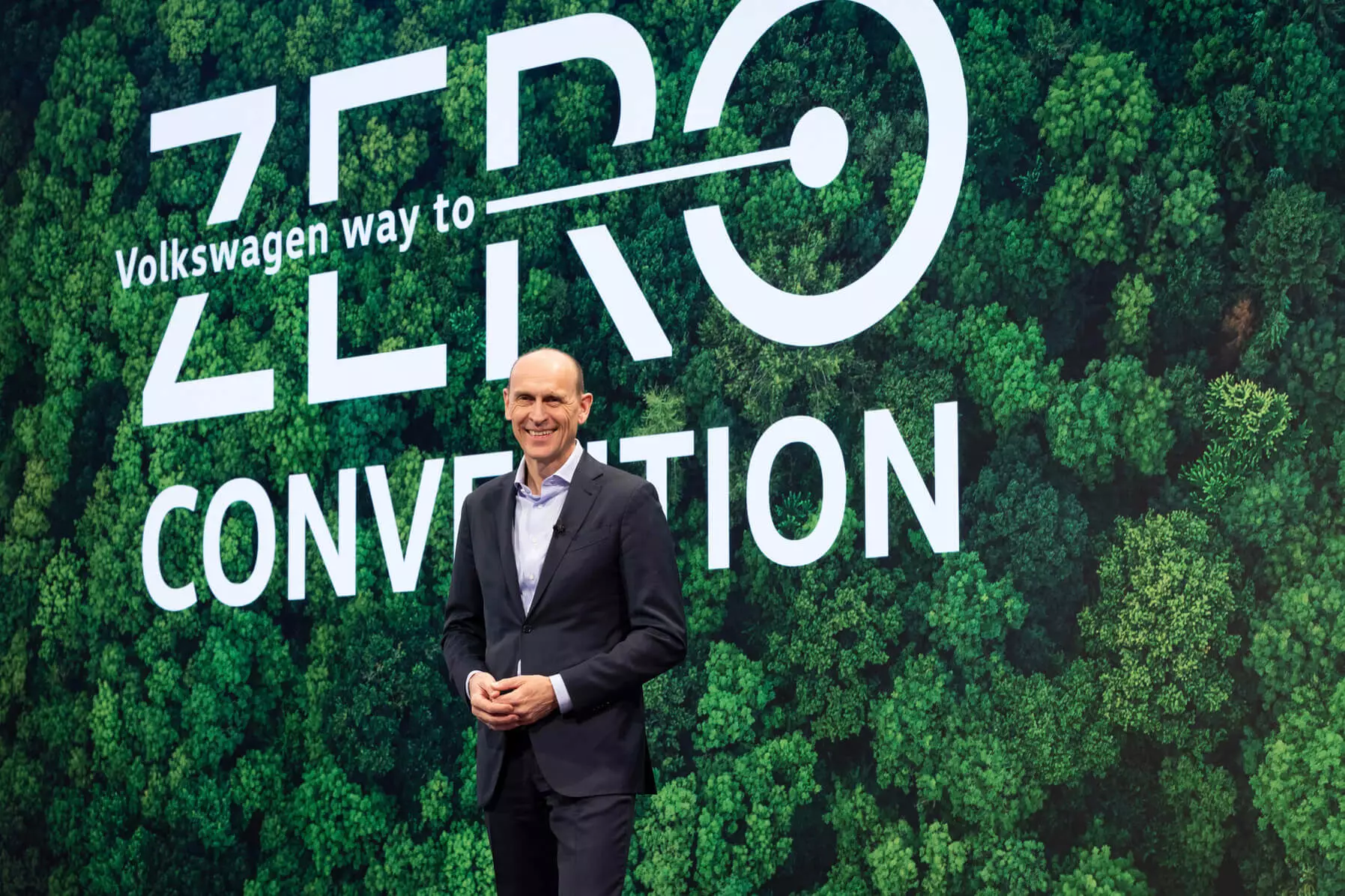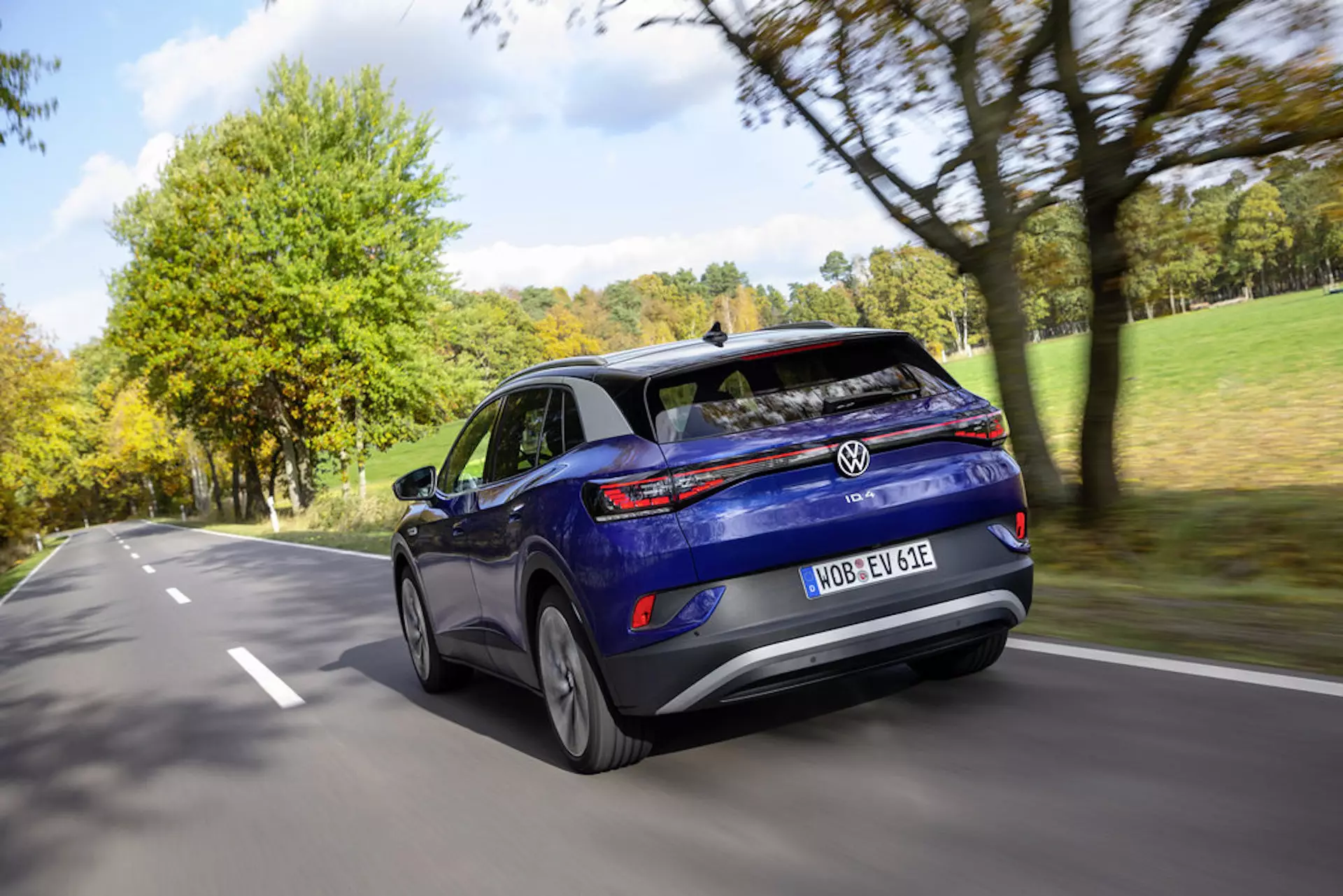Focused on decarbonizing its products and its entire production chain, the Volkswagen (brand) took advantage of its first “Way to Zero” convention to let us know not only its emission reduction targets, but also the strategies it will apply to achieve them.
The first goal, and one that stands out the most, is related to the German brand's desire to reduce 40% of CO2 emissions per vehicle in Europe by 2030 (compared to 2018), an even more ambitious goal than the Volkswagen Group that stays at 30%.
But there is more. In total, Volkswagen will invest 14 billion euros in decarbonization by 2025, an amount that will be applied in the most diverse areas, from the production of “green” energy to the decarbonization of production processes.

“ACCELERATE” strategy at the heart of it all
At the heart of the strong commitment to decarbonisation is the new ACCELERATE strategy, which aims to accelerate the pace of the electric offensive launched by the manufacturer and which aims to fully electrify its fleet of models.The goals are ambitious. By 2030, at least 70% of Volkswagen sales in Europe will be 100% electric vehicles. If this goal is achieved, the German brand will perform well above the requirements of the EU Green Agreement.
In North America and China, the goal is to guarantee that the all-electric models correspond, in the same period of time, to 50% of Volkswagen sales.
Decarbonize in all fields
Obviously, the decarbonization targets are not only achieved based on the production and launch of more 100% electric models.
In this way, Volkswagen is working to decarbonise both the vehicle production itself and the supply chain. One of the goals is to ensure that, from 2030 onwards, all the brand's factories in the world — except in China — will operate entirely on “green electricity”.
Furthermore, in the future Volkswagen wants to systematically identify the biggest contributors to CO2 emissions in its supply chain in order to be able to reduce them. To give you an idea, this year Volkswagen will reinforce the use of sustainable components in the models of the “ID family”. These include battery boxes and wheels made from “green aluminum” and tires produced using low-emission processes.
Another goal is the systematic recycling of batteries. According to the German brand, this will allow the reuse of more than 90% of raw materials in the future. The aim is to create a closed recycling loop for the battery and its raw materials.

Finally, to ensure it has enough “green energy” for its factories and for customers to charge their cars, Volkswagen will also support the construction of wind farms and solar power stations.
Contracts for the first projects have already been signed with the energy company RWE. According to the German brand, together, these projects are expected to generate an additional seven terawatt hours of green electricity by 2025.
